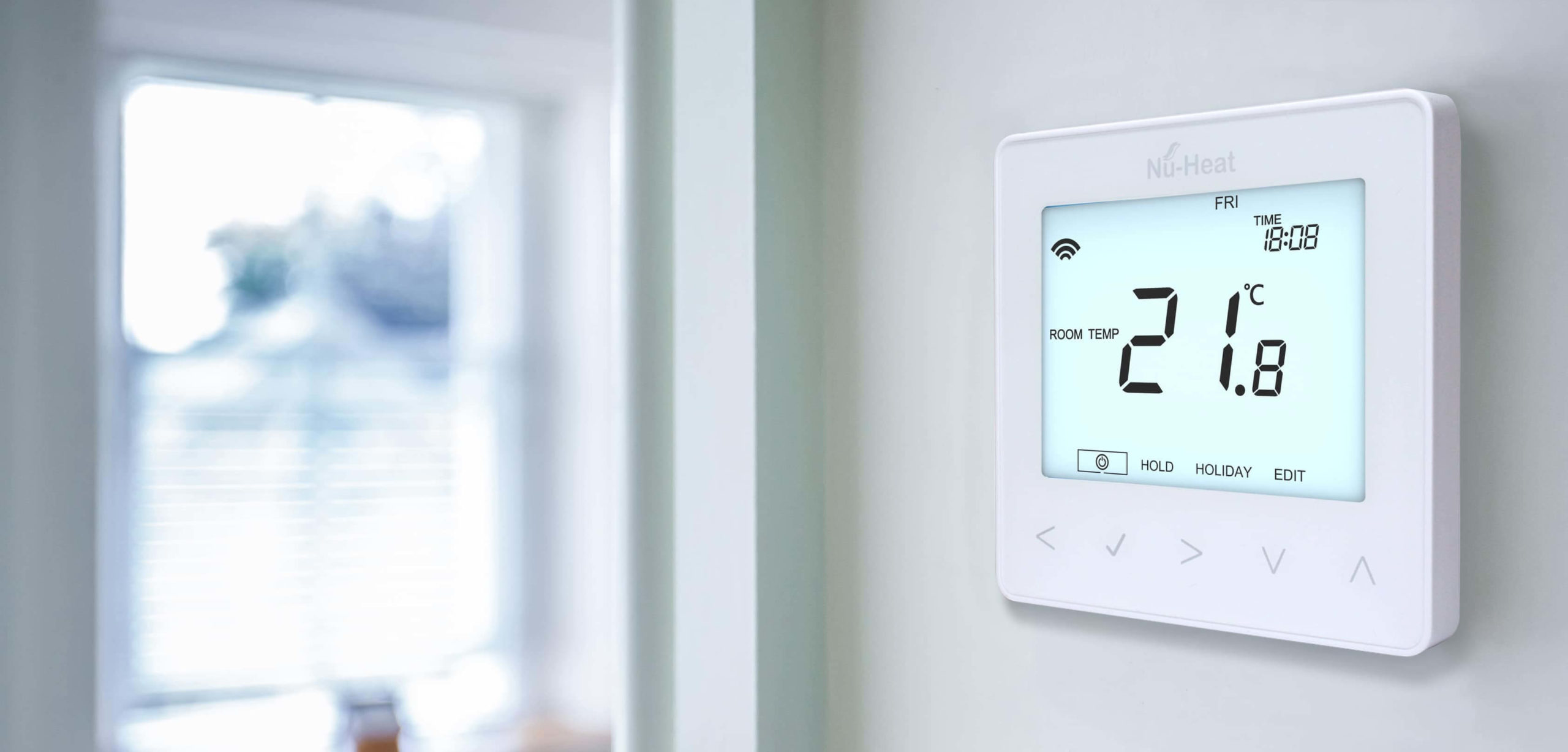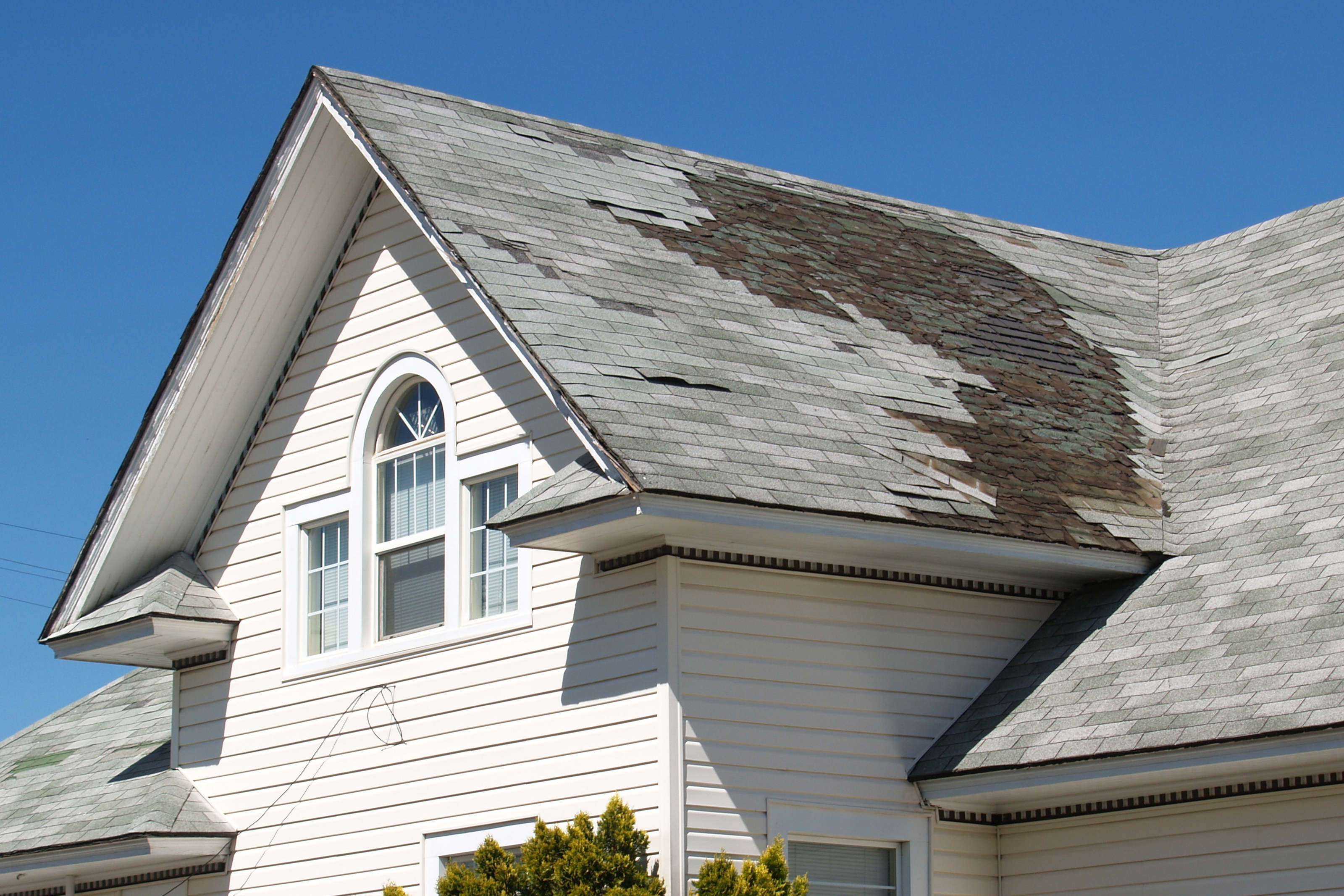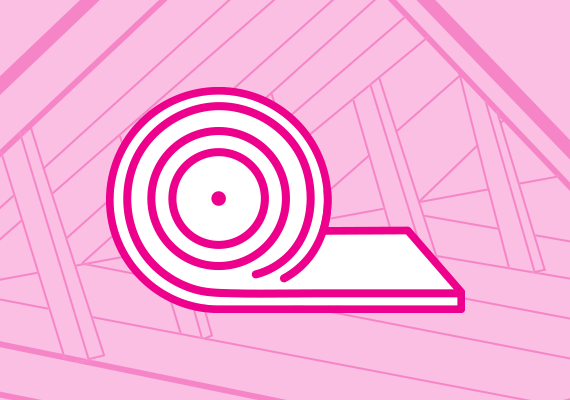
Introduction:
Maintaining and cleaning toilets is a vital aspect of household hygiene and ensures a pleasant bathroom experience. This DIY care guide will provide you with practical tips on properly maintaining and cleaning toilets on your own, promoting cleanliness and preventing potential issues.
Regular Cleaning Routine:
Establishing a regular cleaning routine is the foundation of toilet maintenance. Aim to clean your toilet at least once a week, if not more frequently, depending on usage. Use a toilet bowl cleaner and a toilet brush to scrub the bowl thoroughly. Pay attention to areas around the rim and under the bowl’s edge where grime tends to accumulate.
DIY Toilet Bowl Cleaner:
For an eco-friendly and cost-effective solution, consider making your DIY toilet bowl cleaner. Mix baking soda and white vinegar to form a paste. Apply the paste to the toilet bowl, let it sit for a few minutes, and then scrub with a toilet brush. Baking soda acts as a mild abrasive, while vinegar helps break down stains and disinfect.
Cleaning the Exterior:
Don’t neglect the exterior of the toilet during your cleaning routine. Wipe down the entire toilet, including the tank, handle, and outer bowl, with an all-purpose cleaner or disinfectant. Pay attention to areas that are frequently touched to prevent the spread of germs.
Preventing Limescale Buildup:
Limescale, caused by hard water deposits, can accumulate in the toilet bowl and affect its appearance. To prevent limescale buildup, consider placing a water softener in the toilet tank. This can help reduce the mineral content in the water, minimizing limescale formation.
Checking for Leaks:
Regularly check for leaks around the base of the toilet. A leaking toilet can waste water and lead to damage over time. If you notice any leaks, address them promptly by tightening bolts, replacing the wax ring, or seeking professional help if needed.
Dealing with Stains and Discoloration:
Stubborn stains and discoloration in the toilet bowl can be challenging to remove. For rust stains, use a commercial rust stain remover or a DIY solution with lemon juice and borax. For hard water stains, white vinegar and a pumice stone can be effective. Always follow product instructions and test in a small area first.
Addressing Clogs:
Clogs are a common issue in toilets and can lead to frustration. To address minor clogs, use a plunger by placing it over the drain opening and applying firm pressure. For persistent clogs, consider using a toilet auger or a chemical drain cleaner. If problems persist, it’s advisable to seek professional plumbing assistance.
Maintaining Toilet Components:
The components inside the toilet tank, such as the flapper, fill valve, and flush valve, need regular maintenance to ensure proper functionality. Check for any signs of wear or damage and replace parts as needed. This proactive approach can prevent potential leaks and malfunctions.
Freshening Up with DIY Air Fresheners:
Keep your bathroom smelling fresh by adding DIY air fresheners. Place a bowl of baking soda near the toilet or use essential oils on cotton balls strategically placed in the bathroom. This provides a pleasant scent and helps neutralize odors.
Conclusion:
Properly maintaining and cleaning toilets is a straightforward yet essential task for every homeowner. By establishing a regular cleaning routine, addressing specific issues promptly, and incorporating DIY solutions, you can ensure a clean and functional toilet. For a detailed guide on how to properly maintain and clean toilets yourself, visit mimimises.org. This resource offers additional insights and step-by-step instructions to help you maintain a hygienic bathroom environment.














